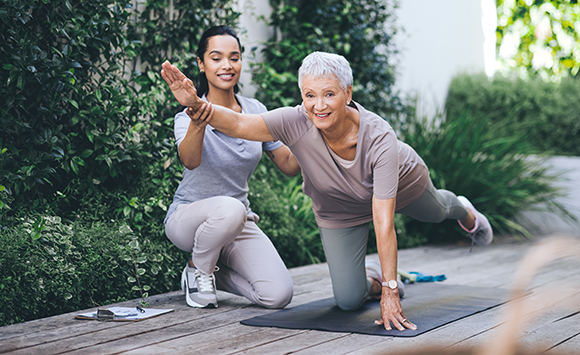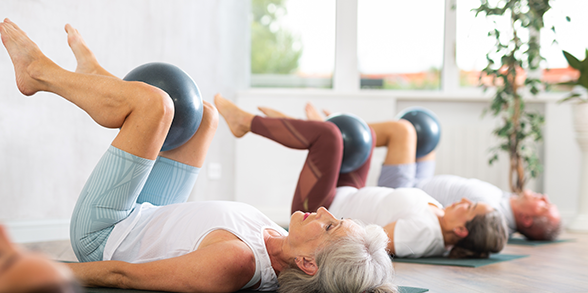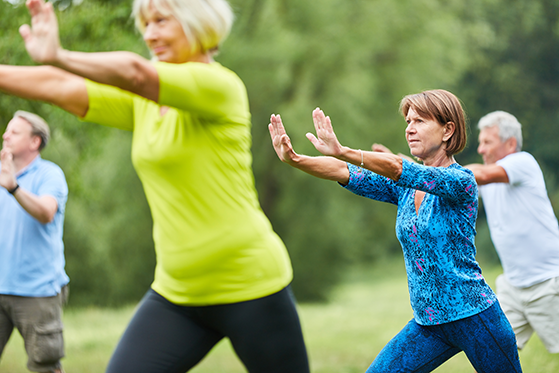Fall Prevention Week is Sept. 18 – 24

The National Council on Aging (NCOA) dedicated the week of September 18 – 24 as National Fall Prevention Week. This week is to raise awareness of fall prevention for older adults. Falls are the most common reason for nursing home placement. Although one in three adults over 65 years of age will experience a fall, there are various techniques and actions to prevent or reduce the fall risk. Facts on Falls
- Falls are the leading cause of both fatal and nonfatal injuries among older adults
- Each year, 3 million older adults are treated in emergency departments for falls
- Direct medical costs for falls are about $50 billion annually.
- A previous fall increases the risk of falling again.
- Most (60%) of falls occur in the home, 30% in a public setting, and 10% in a healthcare setting.
If you know somebody who has experienced a fall, here are some questions to ask:
- Have you fallen in the past year? Did you tell your primary care provider?
- Do you worry about falling?
- Do you feel unsteady when standing or walking?
Fear of Falling
Fearing a fall can limit everyday activities and increase the risk of depression. The fear of a fall may cause an older adult to have weakened legs from lack of movement, and lead to loneliness and isolation. Use this evaluation tool to see if your member may be at risk for a fall.
Fall Prevention
Falls are not a part of normal aging. There are simple measures older adults can take to reduce the chance of a fall.
- Visit your doctor and ask for a fall risk evaluation and tell them about your normal daily activities.
- Be sure to discuss all medications and supplements you take with your doctor. Some may have side effects that increase your risk, or there can be drug interactions.
- Ask about exercises to strengthen your legs and improve balance.
- Get a vision exam to be sure you see correctly.
- Eliminate throw rugs and extension cords that can lead to trips and falls.
- Install grab bars inside and outside of your tub, shower, and next to the toilet.
- Make sure your home has adequate lighting, especially around stairs and corners.
Malnutrition Increases Fall Risk
One in four adults admitted to a hospital is malnourished. Malnutrition and dehydration can lead to fatigue, dizziness, loss of muscle mass, and poor judgment, contributing to falls. Fallers are twice as likely to be malnourished.
Many older adults suffer from food insecurity and chronic disease. After a hospitalization, many cannot shop for food or prepare meals. A home-delivered meals program can help to reduce the risk of falls. Home-delivered meals are also a cost-effective solution to keep older adults living independently in their homes and reduce nursing home placements.
To learn more about home-delivered meal programs, download this guide.

Bushra Davila is the Vice President of Clinical Program and Product Development at GA Foods. She is a registered dietitian and an expert in nutrition education, program development, and product brand management. Her work focuses on diet and nutrition, digestive health, and food as medicine principles. Bushra earned a Bachelor of Science (BS) in Dietetics and Nutrition from Northern Illinois University and a Masters in Business Administration from Dominican University.

